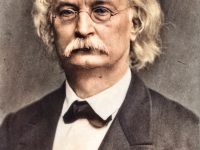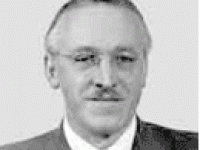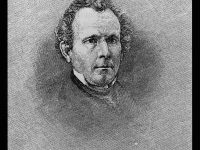Jay Wright Forrester and System Dynamics
On July 14, 1918, pioneering American computer engineer and systems scientist Jay Wright Forrester was born. Forrester is known as the founder of system dynamics, which deals with the simulation of interactions between objects in dynamic systems. He also he supervised the building of the Whirlwind computer at the Massachusetts Institute of Technology, for which he invented the random-access magnetic core memory, the information-storage device employed in most digital computers. “In concept…
Read more





















